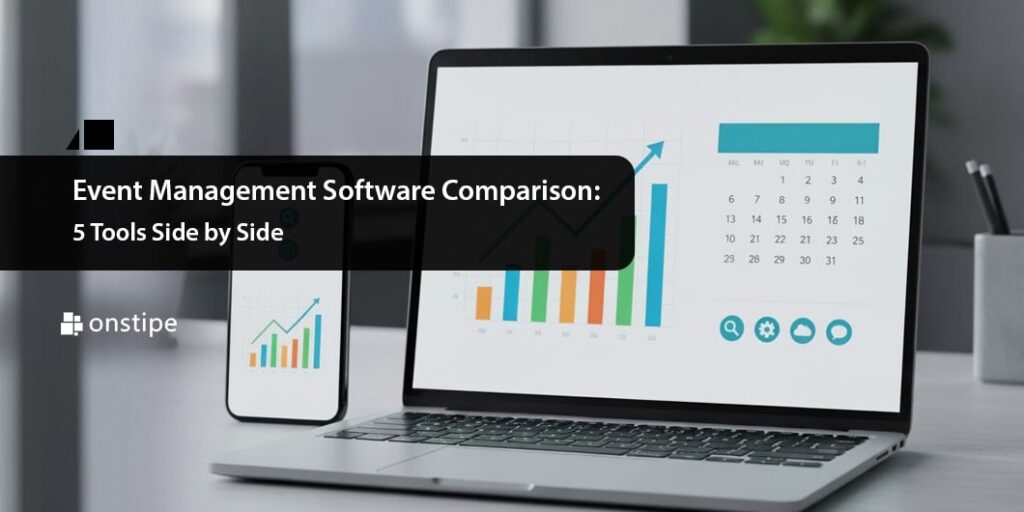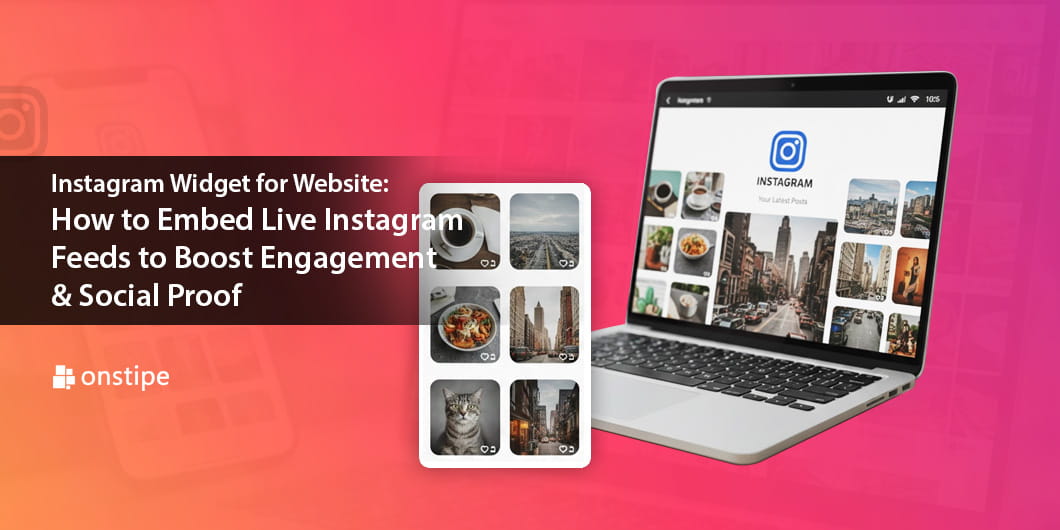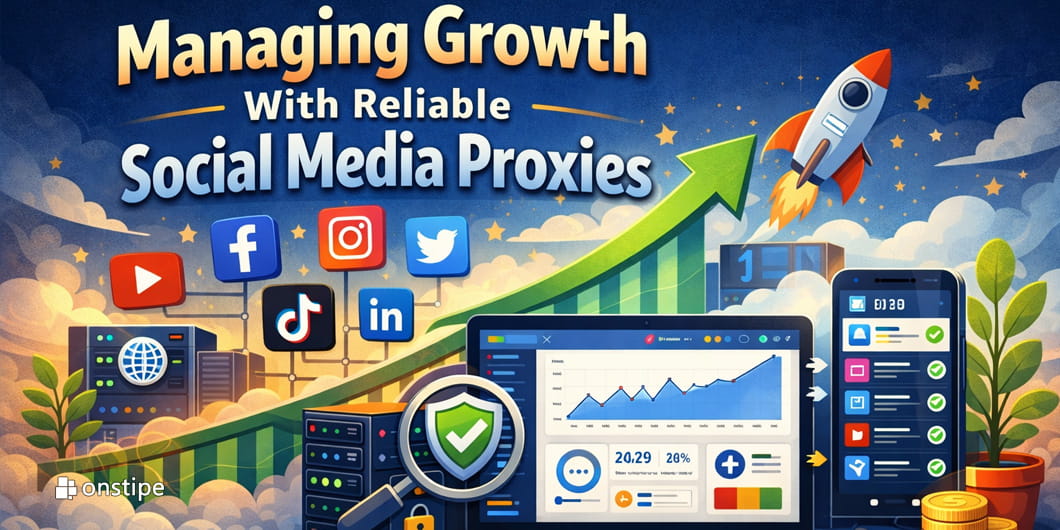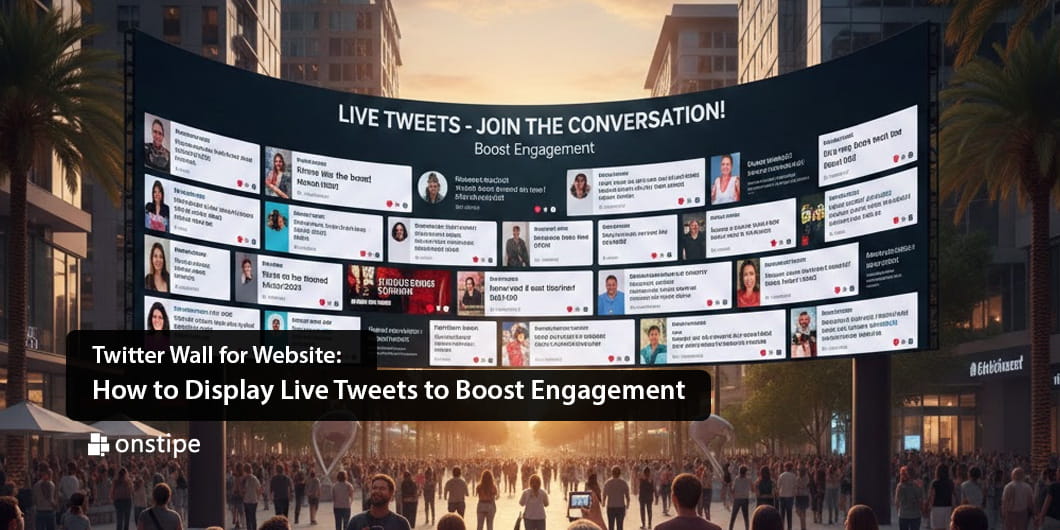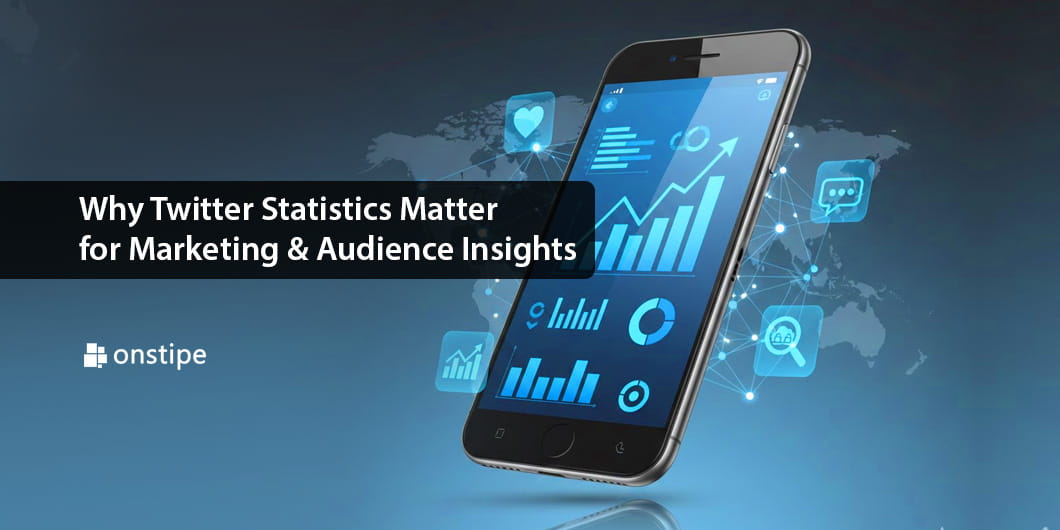If you’ve ever tried running an event, you know how wild it can get. Guest lists. Tickets. Deadlines. One missed email, and chaos follows.
That’s why event management tools exist – to give you extra hands (and calm). Picking one is a bit like finding your go-to essay service – you want something reliable, quick, and easy to work with.
So, let’s compare five big names: Eventbrite, Cvent, Whova, Bizzabo, and Hubilo. You’ll see how they perform side by side so you can choose what fits your needs.

Source: https://www.pexels.com/photo/office-women-party-event-7648055/
What Is an Event Management System?
Before we compare, let’s break down what a system for event management is in plain terms. It’s software that helps you organize every step of an event: registration, promotion, check-ins, payments, and feedback. It keeps all moving parts in one place, so you don’t need endless spreadsheets.
These systems also let you track results: who showed up, what sessions were popular, and how much revenue your event made. Think of them as digital assistants that handle the boring stuff while you focus on the fun part: building a great experience.
Eventbrite: Fast, Simple, and Familiar
Eventbrite is the most recognizable tool on this list. It’s perfect for concerts, workshops, fundraisers, and any public event that needs tickets and quick promotion. Its setup is simple, and it connects easily with social media and email tools.
Pros:
- Very easy to set up and use
- Built-in ticketing and payment processing
- Free tier for smaller events
- Great integrations with marketing tools
Cons:
- Limited design customization
- Basic reporting compared to competitors
- Not built for complex, multi-day events
If you’re looking for free event planner software, you’ve already found one because Eventbrite’s free plan covers the basics and helps you test features before paying for extras.
Cvent: Enterprise Power and Precision
Cvent is made for large teams and serious logistics. It’s a corporate favorite for conferences, trade shows, and multi-session events. The platform shines in automation and data tracking, though it takes some time to learn.
Pros:
- Advanced analytics and reporting
- Tools for hotel bookings and budgets
- Works well with CRM and marketing systems
- Excellent for big, recurring events
Cons:
- Steeper learning curve for beginners
- Expensive plans with few low-cost options
- The interface feels dated at times
Cvent’s event management software pricing is higher than most, but it matches its depth and scale. Once set up, it handles complex events with precision and saves teams from manual work.
Whova: Built for Engagement
Whova blends easy setup with strong networking features. Attendees can chat, share photos, and join live polls inside the app. Whova makes people feel involved during hybrid or interactive events.
Pros:
- Intuitive mobile app for attendees
- Built-in networking and community tools
- Simple setup for organizers
- Frequent updates and good support
Cons:
- Fewer branding options than Bizzabo
- Limited analytics depth
- Not ideal for very large conferences
When it comes to event management software reviews, Whova often scores high for engagement. Interestingly, nocramming.com notes that Whova stands out for how it connects people rather than for fancy features. If audience interaction matters to you, Whova is your go-to tool.

Source: https://www.pexels.com/photo/man-showing-charts-during-online-conference-6285272/
Bizzabo: Data Meets Style
Bizzabo targets professional event marketers who want both beauty and insight. It tracks attendee behavior, supports custom branding, and provides real-time data on performance.
Pros:
- Deep analytics with visual dashboards
- Strong customization for branded events
- Clean, modern design
- Great integration with marketing tools
Cons:
- No truly free version
- Setup takes longer for new users
- Some advanced features cost extra
If you’re after free event management software, this isn’t it. But Bizzabo’s focus on ROI and audience insights makes it ideal for marketers who view events as part of a bigger growth strategy.
Hubilo: The Hybrid Hero
Hubilo gained traction during the virtual-event boom. It’s designed for online and hybrid formats, giving organizers flexibility and real-time engagement features.
Pros:
- Smooth virtual experience for attendees
- Strong engagement tools like polls and leaderboards
- Works for hybrid and in-person events
- Easy sponsor branding setup
Cons:
- The interface feels busy at first
- Offline functionality is limited
- Fewer integrations than Cvent or Bizzabo
Hubilo’s flexibility makes it a great middle ground: more affordable than Cvent, more advanced than Eventbrite. For digital-first teams, it’s a reliable pick that adapts as event formats evolve.
Event Management Software Comparison in a Nutshell
| Tool | Eventbrite | Cvent | Whova | Bizzabo | Hubilo |
| Ideal for | Small public events | Corporate conferences | Hybrid, social events | Branded business events | Virtual & hybrid events |
| Free version | ✅ | ❌ | ❌ | ❌ | Limited |
| Ease of use | ★★★★★ | ★★☆☆☆ | ★★★★☆ | ★★★★☆ | ★★★★☆ |
| Analytics | ★★★☆☆ | ★★★★★ | ★★★★☆ | ★★★★★ | ★★★★☆ |
| Price flexibility | ★★★★☆ | ★★☆☆☆ | ★★★☆☆ | ★★★☆☆ | ★★★★☆ |
| Mobile app | ✅ | ✅ | ✅ | ✅ | ✅ |
How to Choose the Right Tool
Picking software that matches your workflow. Some planners want simplicity; others want analytics or deep customization. Start by asking: what matters most to you?
Key things to consider:
- Event size and format (small, corporate, or hybrid)
- How much control you need over branding
- Budget range and must-have features
- Integration with tools you already use
If you’re experimenting, try Eventbrite or Hubilo first. They’re affordable and quick to learn. As your events grow, Cvent or Bizzabo can handle the complexity. Whova remains a strong option for boosting attendee engagement.
To Wrap It Up
Each platform we covered shines in its own way. Eventbrite wins for simplicity, Cvent for enterprise control, Whova for engagement, Bizzabo for analytics, and Hubilo for hybrid flexibility.
There’s no single winner here – just different tools for different goals. Compare your event type, audience, and budget before deciding. The right tool should make planning smoother.
Once you find it, your events will run like clockwork, and your focus can shift back to creating moments people remember.

